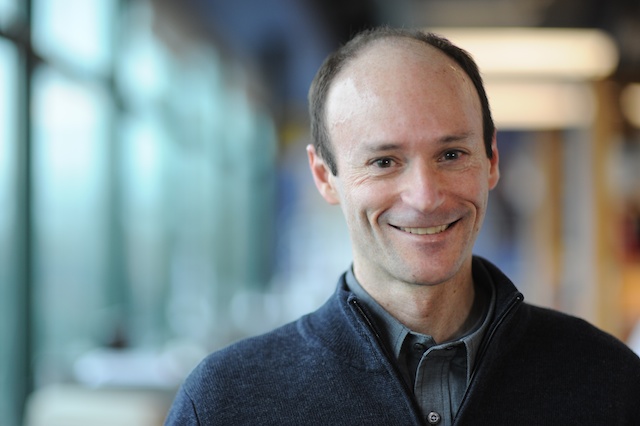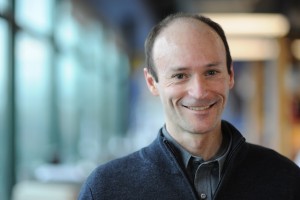Ranish Lab Receives $156K Grant
 isbscience.org/news/2013/06/25/ranish-lab-receives-156k-grant/
isbscience.org/news/2013/06/25/ranish-lab-receives-156k-grant/

Jeff Ranish is an assistant professor at ISB. His expertise includes proteomics, macromolecular complexes and transcriptional regulation.
Congratulations to ISB faculty member Jeff Ranish and his group on receiving a new grant for $156,000. The award is for collaborative work with Peter Myler at Seattle BioMed on “Base J and transcription termination in Leishmania.”
Here’s the public health relevance statement from the proposal:
Human infections with the various species of Leishmania parasite cause substantial morbidity and mortality in tropical and sub-tropical countries world-wide. These organisms appear to differ from their animal hosts in the way that they transcribe the genetic information in their genomic DNA into messenger RNAs, which are used to make the proteins. These studies are designed to elucidate parasite-specific differences in this vital process, which we hope may be exploited for the development of novel anti-Leishmania drugs.





